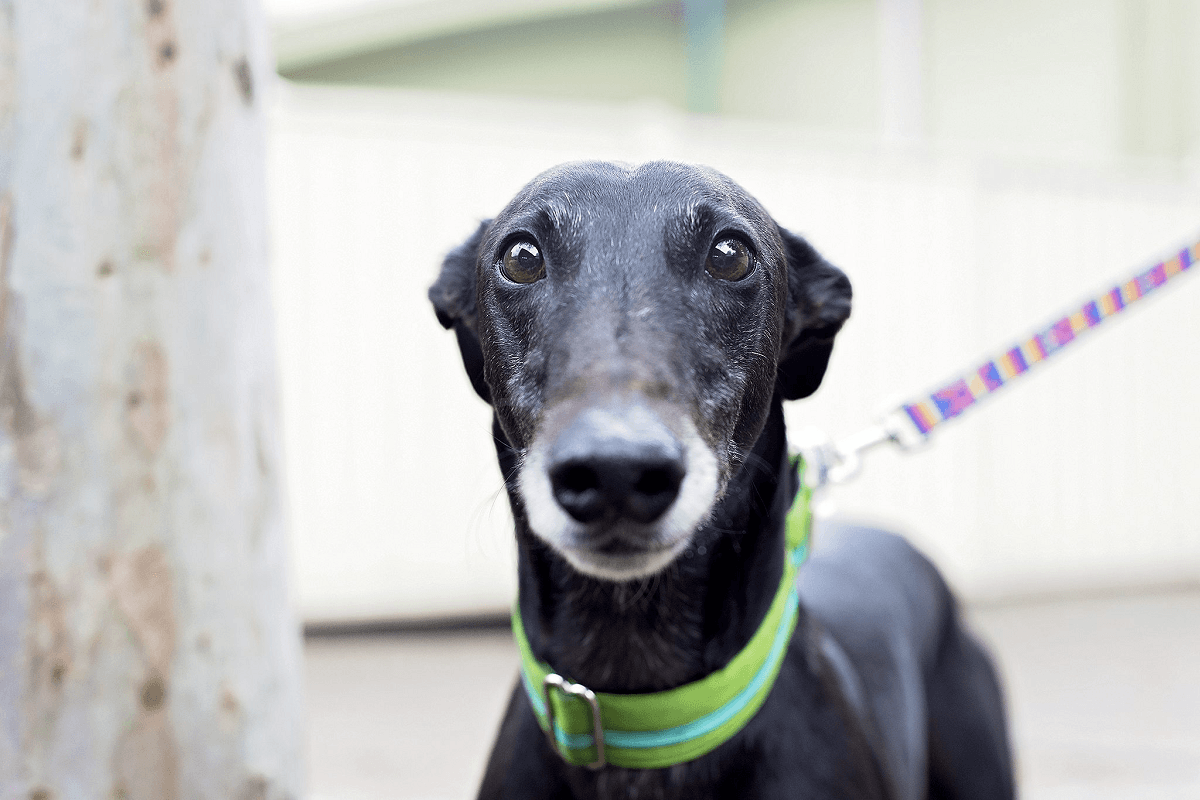Florida Overwhelmingly Votes to Ban Greyhound Racing
Posted on: November 7, 2018, 01:28h.
Last updated on: November 7, 2018, 01:28h.
Florida — the nucleus of greyhound racing in the US — has banned the sport by public referendum. State residents on Tuesday voted overwhelmingly in support of Amendment 13, a measure that will phase out races by 2021.

Some 69 percent of Floridians — or 5.4 million people — voted to end a sport that has long been denounced by its critics as cruel. Florida is currently home to 11 of America’s 17 active dog tracks and it’s questionable whether the industry can survive elsewhere in the US without it.
Florida will become the 41st state in the union to prohibit greyhound racing, although only five others — Alabama, Arkansas, Iowa, Texas, and West Virginia — currently have active tracks
“The historical consequences of this are incredibly significant,” Carey Theil, executive director of greyhound charity GREY2K USA, told The Orlando Sentinel on Wednesday. “We’re seeing one of the highest approvals of any animal welfare measure in the nation.”
Strange Allies
Amendment 13 was an issue that transcended traditional political divisions, uniting animal activists with unlikely allies, like Laura Trump, the president’s daughter-in-law.
These dogs are in cages 23 hours a day,” Trump told The Palm Beach Post recently. “As a Republican and as a dog lover, I said here’s something you can do that’s great for business, great for taxpayers … and you’re giving a chance to all these dogs here who otherwise are going to be in a really sad, deplorable conditions.”
Oddly enough, many of the dog tracks themselves supported the ban. Due to a quirk in Florida’s gambling laws, it was compulsory for tracks to offer a certain quota of racing each year under the terms of their gaming licenses, even if it was unprofitable to do so.
Failing to hit this quota would jeopardize their right to offer other, more lucrative gambling games. The tracks have long called for a change in the rules that would allow them to scrap the racing altogether, a process dubbed “uncoupling.”
Cats and Dogs
Amendment 13’s detractors were also a disparate group that included the Florida Greyhound Racing Association (FGRA), the Florida Farm Bureau, the National Rifle Association, and the Florida Cattlemen’s Association.
The group briefly succeeded in having the ban struck off the ballot by a Tallahassee judge. Its lawyers claimed a sentence in the measure’s preamble, which stated “the humane treatment of animals is a fundamental value of the people of the State of Florida,” could enable animal rights groups to ban not just dog racing but hunting and fishing in the future.
The Florida Supreme Court rejected this notion and placed it back on the ballot for voters to embrace emphatically.
“Because of the decisions of millions of Florida voters, thousands of dogs will be spared the pain and suffering that is inherent in the greyhound racing industry,” said Kitty Block of the Humane Society in a statement.
No comments yet